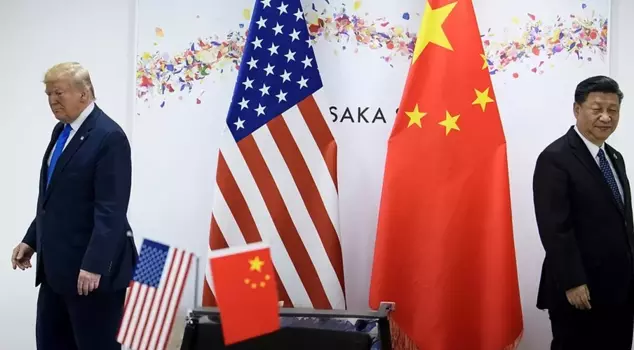
13.01.2025 16:12
The U.S. government has taken action to increase restrictions on artificial intelligence related to China. The new regulations could limit China's access to advanced technology and further escalate the technology war between the two countries.
The United States has announced new export regulations for advanced computing chips used in artificial intelligence. While these rules aim to facilitate sales to allied countries, they also seek to further restrict access for strategic competitors like China. Here are the details:
EMPHASIS ON LEADERSHIP IN ARTIFICIAL INTELLIGENCE
U.S. Secretary of Commerce Gina Raimondo stated that maintaining leadership in artificial intelligence technologies is critical. Raimondo said, "The U.S. is leading the world in AI development and chip design. Continuing this leadership is of great importance for our national security."
OUTLINE OF THE NEW EXPORT RULES
The new regulations update the control mechanisms over chip exports. In this context:
Authorization has become mandatory for the export, re-export, and domestic transfers of chips.
Some exceptions have been introduced for countries considered allies by the U.S.
These regulations aim to minimize the risk of chips falling into the wrong hands.
ADVANCED SECURITY PARAMETERS
Artificial intelligence data centers will have to comply with certain security standards to be able to import these chips. White House National Security Advisor Jake Sullivan stated, "These rules make it harder for strategic competitors to use illegal means to evade our control. At the same time, they provide incentives for our friends and partners to benefit from reliable vendors."
120-DAY TRANSITION PERIOD
The new export rules will come into effect within 120 days. During this period, the details of the implementations will be clarified. Raimondo noted that the regulations would provide an opportunity for potential changes under the administration of President-elect Donald Trump.
MEASURES AGAINST CHINA AND SILICON VALLEY'S CONCERNS
Donald Trump imposed heavy tariffs on China during his first presidential term. These new rules represent a similar stance against China. However, technology giants in Silicon Valley are concerned that these regulations could impose an unfair burden on their export capabilities.
The U.S.'s new export rules aim to keep strategic competition under control while also strengthening cooperation with allied countries. However, this process may lead to criticism in some sectors.